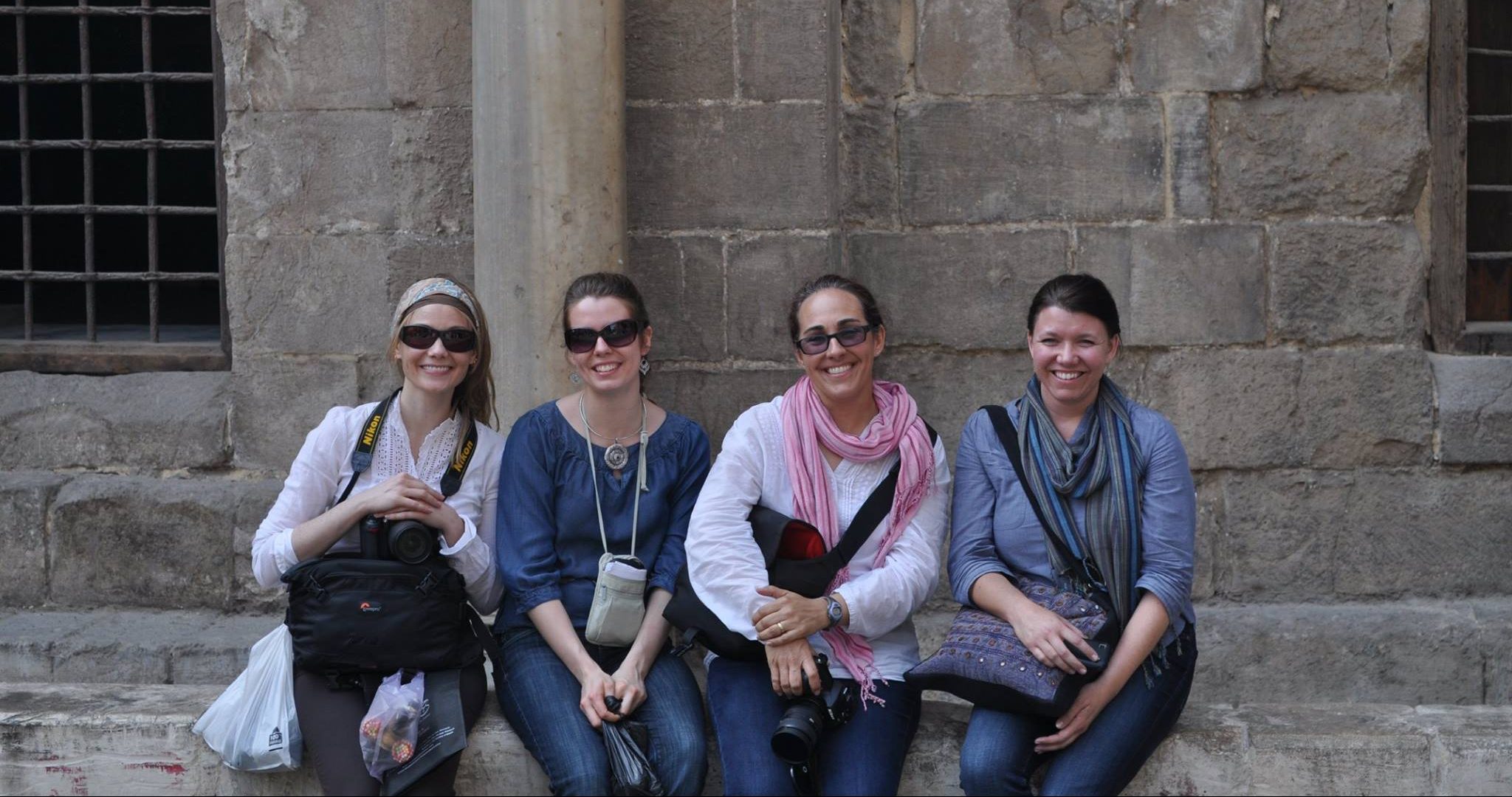Like a bird watcher, I wait for my moment. Surrounded by a concrete jungle of shops and apartment buildings, I wait. My finger is poised over my camera and my eyes scan the crowded street for my target. And then I see him: weaving in and out among the motorcycles and tuk tuks is the bread delivery boy. My muscles tense and I spring into action. If I hesitate for even a moment, I’ll miss his unparalleled balancing act – riding a bicycle while carrying a rack of bread on his head. My hands fumble, the shutter jams. As I struggle to focus my camera, I realize I no longer have a clear shot. Blast! Once again I’ve failed to photograph this acrobat among us – the tayyaar.
I’m being completely serious here, people. If I had an Egyptian pound for every time I’ve tried to get a good shot of one of those guys carrying bread while on a bicycle, I could probably buy my own bicycle, catch up to him, and photograph the guy. It’s no wonder that the word tayyaar (pilot) comes from the same root as the Arabic word for “bird.”
The most logical tactic for spotting this most elusive bird would be to position myself across the street from a furn. A furn is a pita bread bakery – the tayyaar ’s homebase. From here he delivers his bread to various contracts, such as street-corner bread venders and to fuul and ta’amiya sandwich shops. Fun fact: all furns may look alike but, in fact, there are two types – government-owned and private. A government furn is where you can get a loaf of subsidized pita for only a quarter of an Egyptian pound with your bread subsidy card. And by “you,” I mean an Egyptian. Only one of these coveted cards is distributed to each qualifying Egyptian family. Don’t lose it — it could take months ro replace it.
In Egypt, bread is life, and I mean that literally, not metaphorically. The Arabic word for “bread” is ‘aish – “life.” In most households, it is purchased daily and eaten with every meal. “Aish is not to be confused with western-style baguettes, toaster loaves or, heaven forbid, banana bread. These types of breads have their own names in Arabic. ‘Aish, or ‘aish baladi, refers specifically to the variety of pita bread unique to Egypt.
What makes ‘aish baladi so unique…and so tasty? For one, it incorporates wheat bran, or rida, in the baking process. Additionally, it is leavened by fresh yeast, and something about the yeast – or the dough rising process – gives it its trademark sourdough flavor.
You know, let’s be honest. It’s really the bread you’ve come for, and not the tayyaar. Fresh and hot, right out of the oven. Go ahead…buy a loaf and tear off a piece. Bil hana wa shifa!


